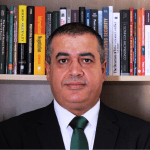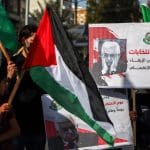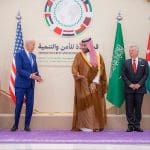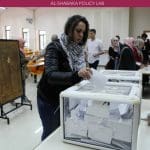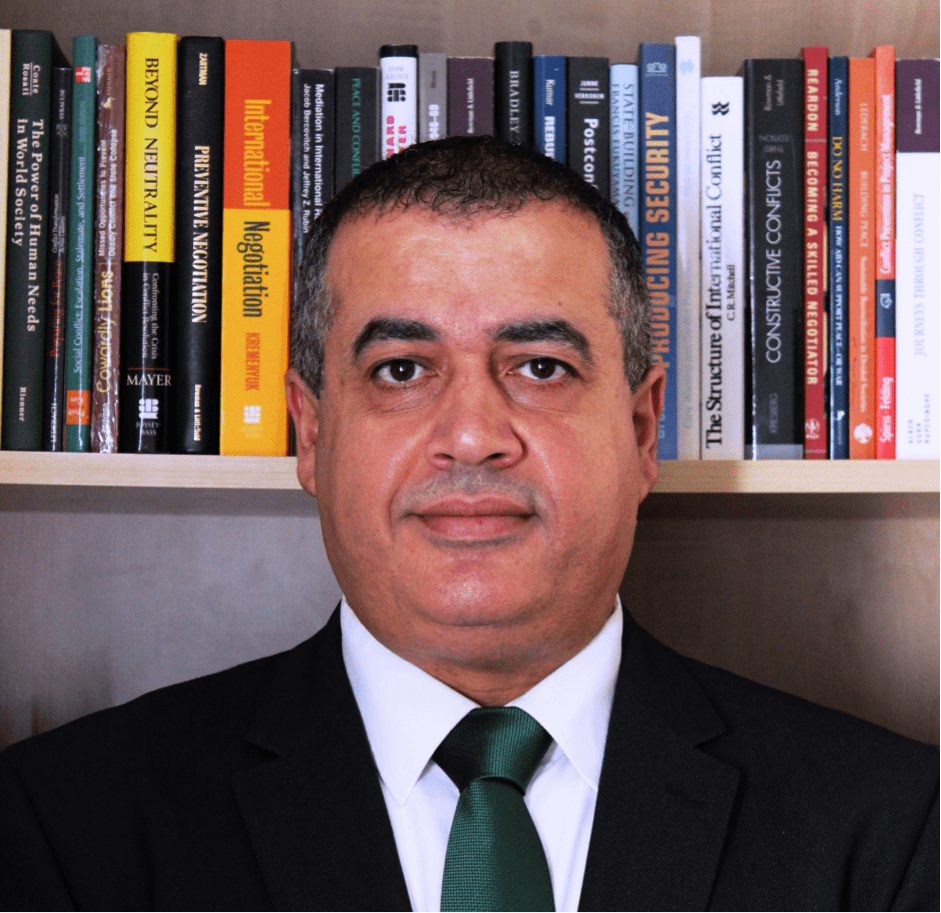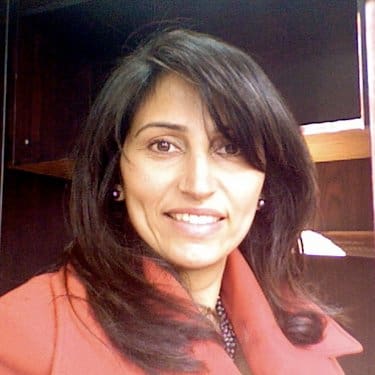
Trump’s efforts to bolster the Palestinian economy in lieu of concrete political action are part of a long history of initiatives designed to forfeit Palestinian rights under the guise of “economic peace.”
In this policy lab, Al-Shabaka Policy Analysts Diana Buttu and Ibrahim Fraihat weigh in on the threats these initiatives pose for the Palestinian liberation struggle, as well as on the growing support for such approaches by Arab states.
Al-Shabaka Member Ibrahim Fraihat is a professor of international conflict resolution at the Doha Institute for Graduate Studies, and Affiliate Scholar at Georgetown University. He previously served as Senior Foreign Policy Fellow at the Brookings Institution, and taught international conflict resolution at George Washington University and George Mason University. His latest book is Unfinished Revolutions: Yemen, Libya, and Tunisia after the Arab Spring (Yale University Press, 2016). He is the recipient of George Mason University’s Distinguished Alumni Award (2014) for his achievements in the field of conflict resolution. Fraihat can be followed on Twitter @i_farihat.
Diana Buttu is a lawyer who previously served as a legal advisor to the Palestinian negotiating team and was part of the team that assisted in the successful litigation of the Wall before the International Court of Justice. She frequently comments on Palestine for international news media outlets such as CNN and BBC; is a political analyst for Al Jazeera International and is a regular contributor to The Middle East magazine. She maintains a law practice in Palestine, focusing on international human rights law.










